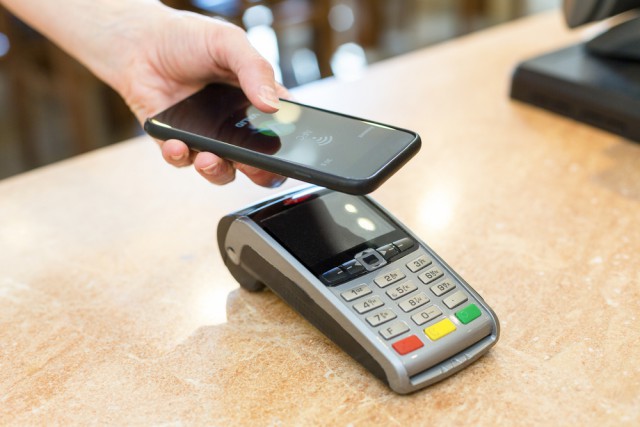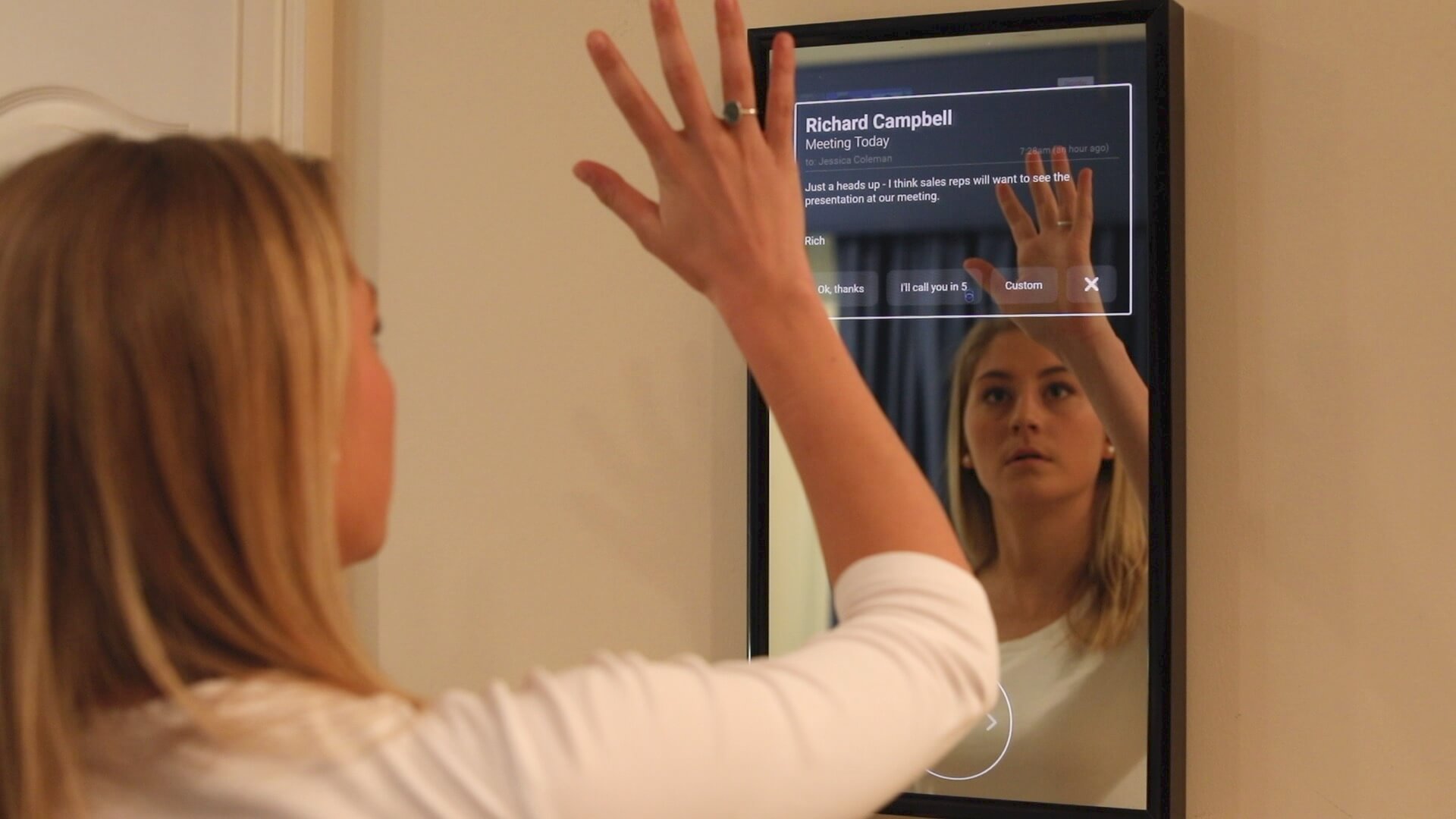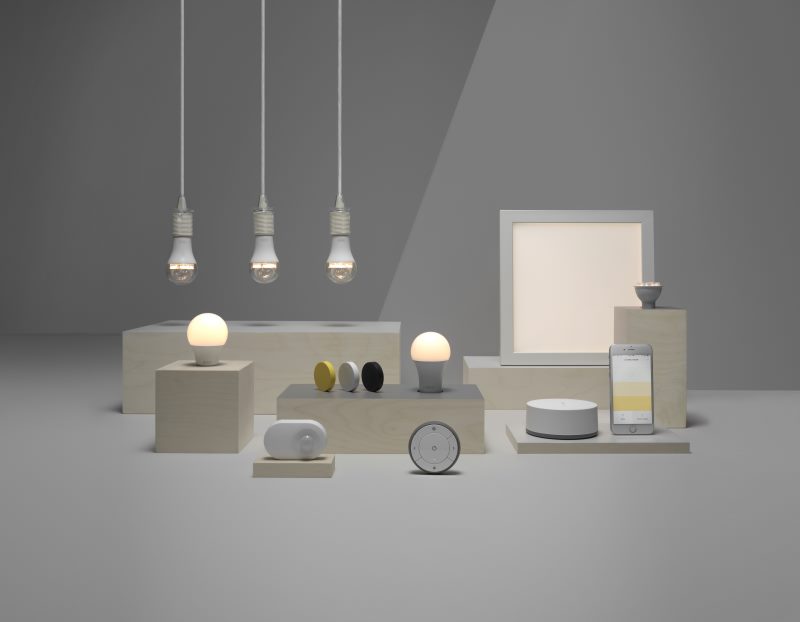
New app aims to streamline hospitality industry payments
Traditional payment systems can be somewhat cumbersome in a hospitality environment, leading to increased risk of fraudulent transactions or customers failing to pay.
Payment platform Rooam is launching a new app that allows users to open and pay for restaurant and bar tabs from their smartphones.

More than half of people believe using spyware to snoop on family members is legal
A new study shows that almost 5o percent of people believe it's legal to install a program on a family member's phone to snoop on their activity.
The survey of more than 2,000 people in the US and UK by software comparison service Comparitech.com also finds 57 percent would consider spying on their children's phone conversations and messages.

Two-thirds of Americans think internet access is a privilege
President Trump's signing of bill overturning the FCC's planned internet privacy protections, allowing ISPs to track and sell consumers' online information to third parties with greater ease has generated a storm among privacy advocates.
It also prompted AnchorFree, the company behind the Hotspot Shield VPN, to carry out a survey of over 2,000 US consumers to gauge sentiment toward the internet and privacy.

77 percent of British consumers have worries about new payment methods
This week South Korea takes the first steps towards becoming a coinless society as shoppers will be handed pre-paid cards instead of change in a country-wide trial. If the trial is successful, bank officials will allow change to be transferred straight into the shoppers' bank accounts by next year.
But a new report from global law firm Paul Hastings shows that security fears are preventing many British consumers embracing new payment technologies. The study of over 2,000 consumers finds 77 percent are worried about using new payment methods.

68 percent of consumers think brands put personal data at risk
Customers are coming to expect a more personalized service, but that means exposing more of their information to businesses.
But a new survey from identity management company Gigya reveals that many still don’t trust brands with their personal information.

Solving digital problems takes too long
Resolving incidents that impact consumers takes IT teams approximately double the amount of time customers are willing to wait for a service that isn't performing properly, according to a new study.
The research by digital operations management company PagerDuty surveyed over 300 IT personnel in development and operations as well as over 300 consumers in order to identify the challenges of meeting customer expectations.

Daptly's smart display is a digital assistant for your home
More and more of us are using voice operated personal assistants like Siri and Alexa, but a voice only interface can prove frustrating as it offers no visual cues.
Technology startup Daptly is aiming to build a better assistant with a smart, gesture and voice controlled display that manages your life and seamlessly blends technology into your home or office.

Consumers are ready for chatbots but companies aren't using them
The majority of consumers are comfortable talking with a chatbot yet only a fraction have engaged with one, according to a new report.
The study by mobile engagement specialist Vibes shows that over 60 percent of consumers would feel comfortable talking with a chatbot, yet only 22 percent have actually done so.

IKEA launches affordable smart lighting range
Love it or hate it, Swedish home furnishing brand IKEA has a strong track record of providing affordable, well-designed home wares with unpronounceable names.
The company is now moving into smart lighting with a range of remotely controlled energy-efficient LED bulbs, lighting panels and doors. There's also an app which allows you to personalize and control your lighting from your smartphone.

How consumers are using AI and how they see its future
AI is starting to worm its way into our homes and workplaces, but a new study reveals that many consumers are currently unaware of the role it already plays in their lives.
The survey of almost 2,000 US consumers by predictive sales platform InsideSales.com shows that in both their personal and work lives, people are split in their use of AI. Outside the office, more than half (55 percent) report that they have used AI before, but only about 10 percent can be considered early adopters, using AI on a regular basis.

Storm Stella leads to spike in malware infections
Earlier this week, Storm Stella not only left parts of the North East US with up to three feet of snow, it led to an increase in malware infections too.
According to data released by Enigma Software, the company behind SpyHunter, infections jumped by between 15 and 90 percent in some areas hit hard by the storm.

People who identify as 'tech savvy' are 18 percent more likely to suffer ID theft
Identity theft is a growing problem, but who is falling victim to online ID fraud, why is it still happening, and how can you protect yourself?
IT training specialist CBT Nuggets has carried out some research among more than 2,000 people in the US to find out, with some intriguing results.

Generation Z finds products online but prefers to shop in-store
The Gen Z population -- those born between the late 1990s and the mid-2000s -- still value the in-store experience even though they're likely to search for products online.
This is among the findings of a study into shopping habits by retail analytics specialist Euclid Analytics. It reveals that this age group like to see, hold and try on products before buying and 28 percent of Gen Z shoppers want to engage with store associates while shopping, the most of any generation.

IT executives believe service management is key to digital transformation
A new survey reveals that a majority of IT executives believe investment in IT service management (ITSM) is important to gain the agility needed to compete in an era of global, cross-industry disruption and digital transformation.
The study of more than 250 IT executives for enterprise management specialist BMC conducted with Forbes Insights reveals that 88 percent of respondents say ITSM is important to their digital transformation efforts.

Tech reporting is more negative now than in the past
I like to think that while I do certainly criticize technology products and technology companies for any failings -- Microsoft forcing Windows 10 on to customers against their will last year, for example -- I’m fair. I still get as excited about a new phone, or a new version of Windows, as I did in the past, and I don't deliberately look for negatives. The same is true for all other BetaNews writers.
However, a new study finds that tech reporting is generally more pessimistic now than in the past, and for two very different reasons.
